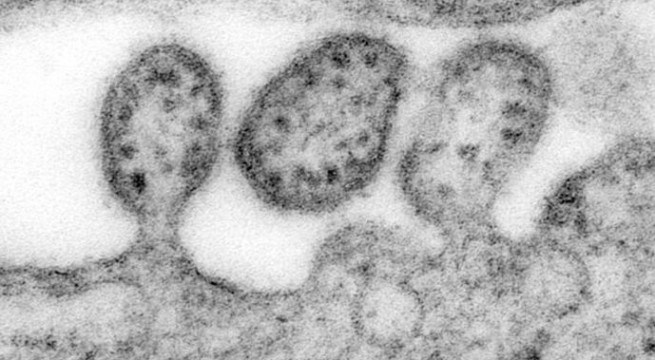We reported on Monday reported that the state government confirmed the death of one doctor and a nurse from suspected Lassa fever infection.
The health agency, in response to the outbreak of the disease in the state, said the Federal Ministry of Health through the NCDC in collaboration with the World Health Organization, WHO had commenced public health response supporting for Ebonyi State Ministry of Health.
“A rapid response team has been deployed to support the state in response coordination, contact tracing, case management and strengthening infection prevention and control, IPC procedures. Medical supplies and drugs have also being supplied to support case management in the state,” it said.
The executive director, NCDC, Chikwe Ihekweazu, while commiserating with the Federal Teaching Hospital Abakaliki, FETHA, and Ebonyi State government said health care workers in health facilities are particularly at risk of contacting the disease, especially where infection prevention and control (IPC) procedures are not strictly adhered to.
He urged health workers to always practise universal care precautions while handling patients, not just when Lassa fever is suspected, and also pledged support of the agency to help the state avert future occurrence.
Ebonyi State Commissioner of Health, Daniel Umezuruike, during a press briefing in Abakaliki, the state capital on Monday, had said the index patient who was treated by one of the doctors and deceased nurse survived and has been discharged.
Lassa fever is a viral hemorrhagic disease caused by contact with food or household items contaminated with rodent urine or faeces. The Lassa virus may also spread between humans through direct contact with blood, urine, faeces, or other bodily secretions of a person infected with Lassa fever.
Although there is no vaccine currently available for Lassa fever, the disease can be prevented.
NCDC has advised Nigerians to keep their environments clean in order to discourage rats from entering homes.
Food stuff should be stored in rodent-proof containers, garbage should be disposed properly and far from the home, and hand washing should be practised frequently.
NCDC has also advised families to take extra caution when providing care for patients with Lassa fever and in addition, states are encouraged to ensure safe burial practices for patients who die from Lassa fever.
Source: Premiumtimes

 The National Centre for Disease Control, NCDC, has confirmed that Ebonyi State has notified it of a cluster breakout of Lassa fever in the state. The health agency in a press statement on its website on Monday said it was notified of four cases of Lassa fever among health care workers in the state on Sunday.
The National Centre for Disease Control, NCDC, has confirmed that Ebonyi State has notified it of a cluster breakout of Lassa fever in the state. The health agency in a press statement on its website on Monday said it was notified of four cases of Lassa fever among health care workers in the state on Sunday.




